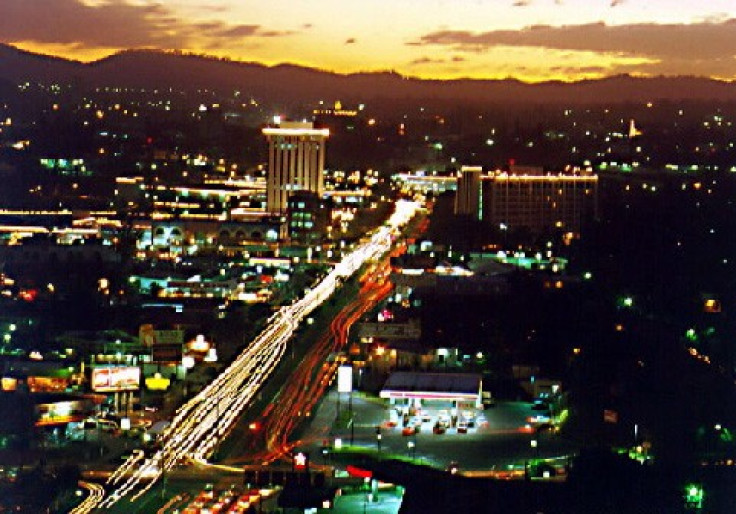Magnitude 7 earthquake strikes off Pacific coast of Central America, no damage reported
Tsunami threat from earthquake has now passed.

A strong earthquake shook various Central American countries on Thursday 24 November, according to local media reports.
The 7.0 magnitude quake, initially reported as a magnitude 7.2, struck at a depth of 33 kilometres, around 154 kilometres (96 miles) south-southwest of Puerto Triunfo in El Salvador, according to the US Geological Survey, Reuters reports. There were no immediate report of damage.
The Pacific Tsunami Warning Centre has said that based on all available data, the tsunami threat from the earthquake has now passed.
It however urged residents to remain observant and exercise normal caution near the sea. It added: "Minor sea level fluctuations may occur in some coastal areas near the earthquake over the next few hours."
It had earlier warned that based on the preliminary earthquake parameters, hazardous tsunami waves were possible for coasts located within 300km of the earthquake epicentre. It issued tsunami threat warnings for along the coasts of Nicaragua, El Salvador and Honduras.
In El Salvador, emergency services said that there were no immediate reports of damage at the national level but asked those living along the Pacific coast to move up to one kilometre (0.62 miles) away from the shore.
Nicagaruan President Daniel Ortega has declared a state of emergency due to the quake and Hurricane Otto, which landed on the country's southeastern coast early Thursday, his spokeswoman said.
Thousands had already been evacuated from vulnerable coastal areas when the Category 2 Hurricane Otto hit land.
© Copyright IBTimes 2024. All rights reserved.






